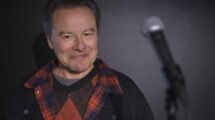Mayor of Canada’s largest city is championing a place where everybody belongs
By Iris Winston
Photos: Office of Mayor Olivia Chow
At 66, Olivia Chow became the 66th mayor of Canada’s largest city, making her latest mark in a remarkable life highlighted by four decades of public service.
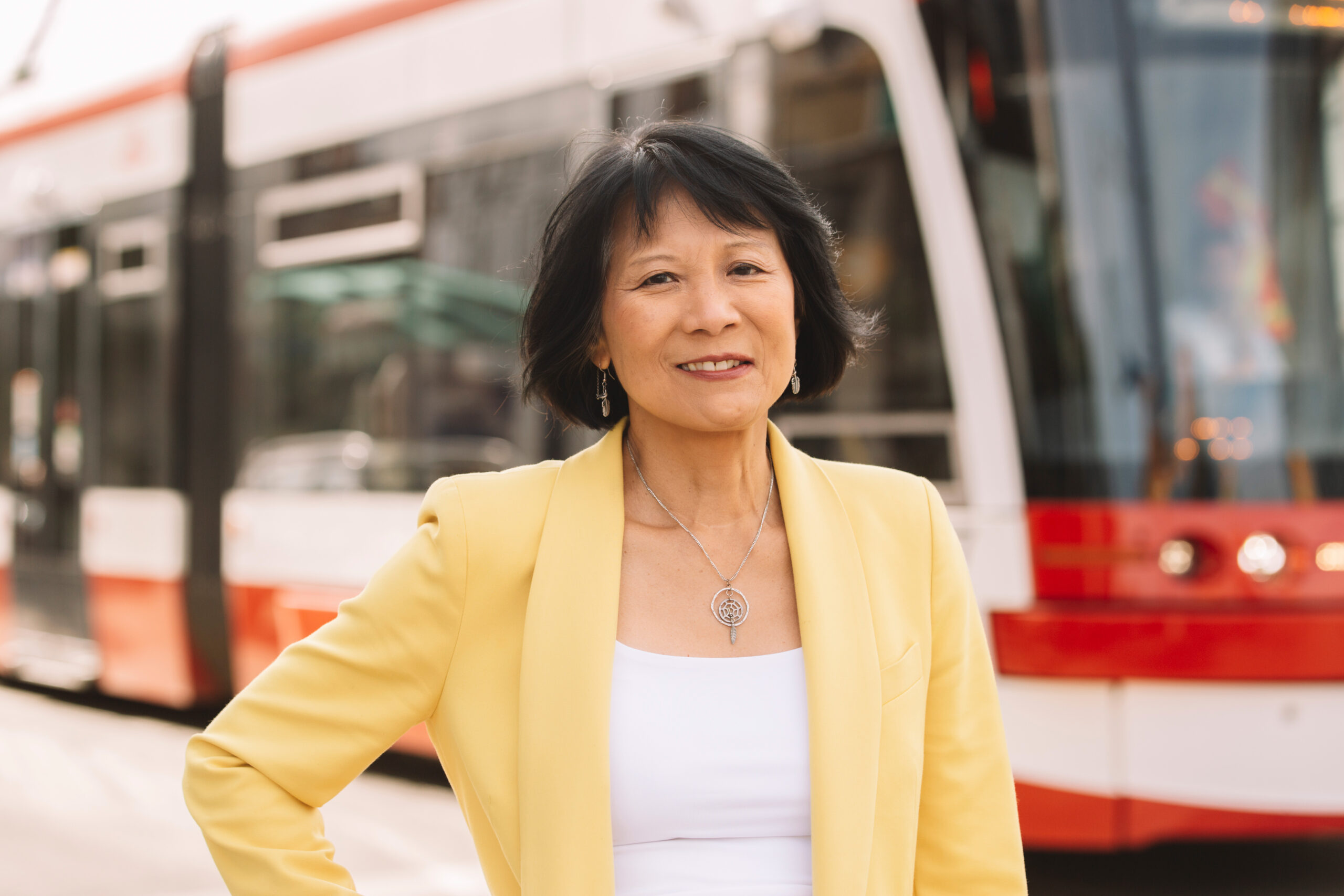
Her approach is simple. “I try to make life better for people,” says Olivia, a fine arts, philosophy and religious studies graduate. “I wasn’t trained as a politician, but I saw a need and felt that I could contribute. It always starts with what needs to be done, then what I need to do first and what more I could do. It’s not about what position I hold.”
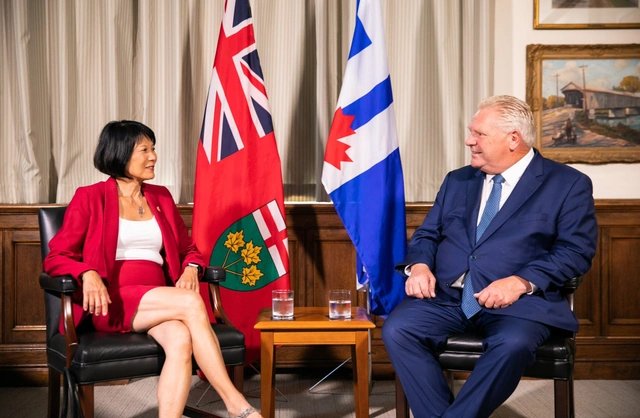
Her initial foray into the political arena was as a school trustee. She was first elected to the Toronto District School Board in 1985 and served there for six years before becoming a Toronto city councillor.
By this time, she was married to Jack Layton, also a city councillor and similarly propelled by a determination to help people through politics, a route that was to take them both into the federal arena. He became leader of the New Democratic Party in 2003 moving the NDP to unprecedented heights when he became Leader of the Official Opposition in 2011. She stood by his side in the House of Commons as the NDP representative for Trinity-Spadina from 2006 until his untimely death in 2011, then continued to represent the riding until 2014.
Through the years that they served municipally and federally, they were frequently described as “a power couple in Canadian politics, two city councillors and MPs as devoted to each other as they were to their causes.”
With an oversized portrait of Jack on one wall of her mayoralty office, she continues to be inspired by her husband and their shared service motives and views. (For the record, Jack was equally inspired by Olivia. He had 32 photographs of her around his office on Parliament Hill.)
“His book is on my bookshelf and all his ideas are very much in my mind,” says Olivia. “Our children used to say that we weren’t normal because we never fought. We had a very good relationship and had nothing to fight about. We mostly took time to think about how to effect change to make life better for people. Most of our time was spent coming up with ideas and then making them happen.”
 The theme of identifying needs and finding ways to meet them endures as Olivia moves forward along the path that she and Jack set for themselves. Olivia, who immigrated to Canada from Hong Kong with her family in 1970, says she originally decided to run for school board because “both my parents were educators. I felt I had something to offer and had a unique perspective as an immigrant. There weren’t enough immigrant voices being heard at the time and I knew that the education system could reflect more of the experience of the immigrant. For instance, academics are very important to immigrants. That’s why they come to this country, for a better life for their children.”
The theme of identifying needs and finding ways to meet them endures as Olivia moves forward along the path that she and Jack set for themselves. Olivia, who immigrated to Canada from Hong Kong with her family in 1970, says she originally decided to run for school board because “both my parents were educators. I felt I had something to offer and had a unique perspective as an immigrant. There weren’t enough immigrant voices being heard at the time and I knew that the education system could reflect more of the experience of the immigrant. For instance, academics are very important to immigrants. That’s why they come to this country, for a better life for their children.”
She and her family had escaped from a period of violence and bombings in Hong Kong during the cultural revolution in mainland China. “The main catalyst for leaving was to seek safety and security,” says Olivia, adding that her parents were also looking for a better future for her and her brother.
As senior educators in Hong Kong, her parents had hoped to be similarly employed in Canada, but were disappointed.
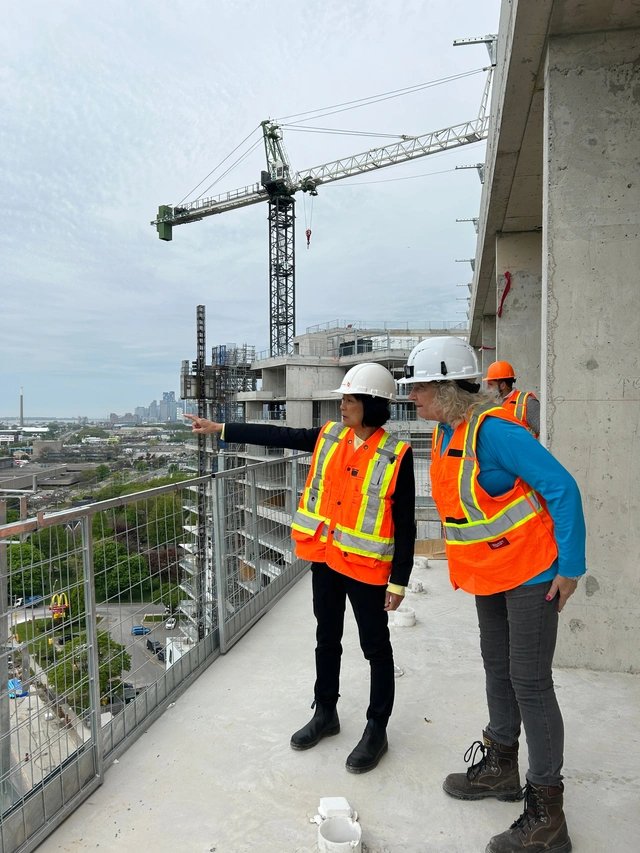 “It’s hard to find a first job if you don’t have Canadian experience and, if you don’t have Canadian experience, it’s harder to find that first job,” says Olivia. “Good employment for newcomers is very important. My parents also came at a time when there wasn’t a great need for teachers and having the connection between what is needed and what immigrants bring in matters a lot.”
“It’s hard to find a first job if you don’t have Canadian experience and, if you don’t have Canadian experience, it’s harder to find that first job,” says Olivia. “Good employment for newcomers is very important. My parents also came at a time when there wasn’t a great need for teachers and having the connection between what is needed and what immigrants bring in matters a lot.”
“My mother was very adaptable,” she adds. “She started working as a maid in a hotel. My father tried being a taxi driver and delivering Chinese food, but he couldn’t accept the situation. It broke him. That story is similar to many immigrants’ stories today. In many ways, Toronto’s story is also my story.”
“In many ways, Toronto’s story is also my story.”
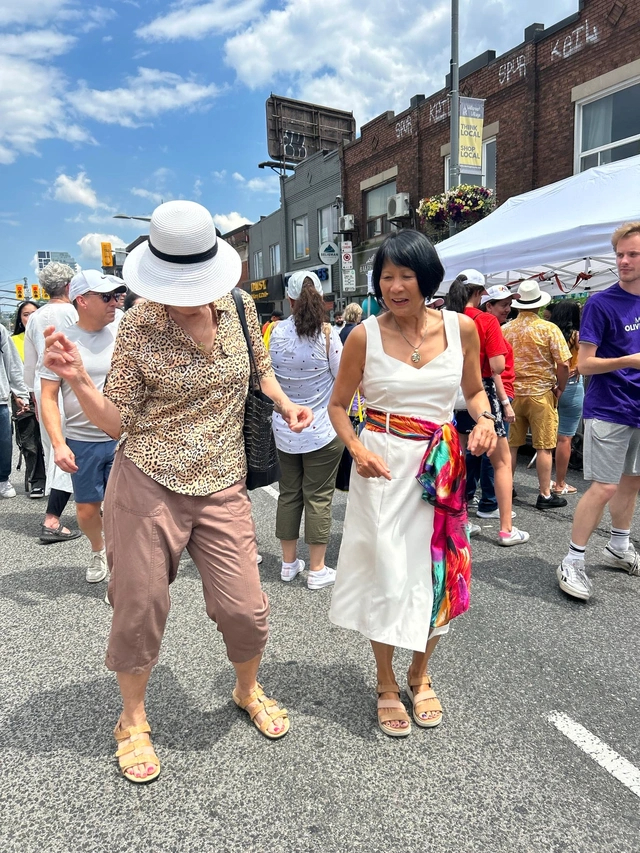 During Olivia’s years as a school trustee, she often encountered issues directly affected by city policies. For example, early on, she ensured high school students could be eligible for metro passes. She worked to have many different languages accommodated when residents called 911 and was also very involved in childcare matters. Such issues led her to run for Toronto City Council. During her time in office then, she was named best city councillor by Now magazine seven times, as well as best MP by the same magazine in 2010 and top Torontonian by the Toronto Sun in 2112.
During Olivia’s years as a school trustee, she often encountered issues directly affected by city policies. For example, early on, she ensured high school students could be eligible for metro passes. She worked to have many different languages accommodated when residents called 911 and was also very involved in childcare matters. Such issues led her to run for Toronto City Council. During her time in office then, she was named best city councillor by Now magazine seven times, as well as best MP by the same magazine in 2010 and top Torontonian by the Toronto Sun in 2112.
Later, as an MP, she was a strong advocate for universal childcare. She introduced an early learning and childcare bill, intended to establish an affordable national program. That initiative was part of her ongoing commitment to a more equitable and affordable society. (A national childcare program was finally introduced in 2021.)
During her years away from public office Olivia wrote a memoir, My Journey, published by Harper Collins in 2014, and the next year she joined the faculty of Toronto Metropolitan University as a visiting professor. While there, her work focused on community engagement and leadership development.
Her current agenda as mayor, still focused on community engagement and affordability, includes the building of more affordable housing in downtown Toronto. At the time of this conversation with Fifty-Five Plus, she had just returned from a groundbreaking ceremony for a low-cost housing project on a parking lot.
“You don’t need as many parking lots downtown,” says Olivia, who regularly, cycles, walks or uses public transit. “A lot more people in public housing are cycling and walking. Hopefully, we will be able to build more housing faster.”
Also on her immediate to-do list is introduction of a by-law to prevent renovictions. (Renoviction is the practice of evicting long-term tenants in order to charge a much higher rent when changes have been made to the property.)
“Evicting tenants, often seniors, just to renovate is unfair,” says Olivia, who is also working on ways to allow more seniors to age in place, rather than having to go into long-term care. “Usually, they’ve lived in a building for some years and all their friends and community are in the same neighbourhood. We’re helping some folks to buy a building so that they can be cooperative co-owners. It then becomes non-market. It’s happening and it’s working.”
In general, “it’s lovely to live downtown and walk, bike or use TTC. I’m quite blessed that my kids and grandkids all live within walkable distance,” says Olivia, who is Grandma Olly to her four grandchildren. “I’m never going to move.”
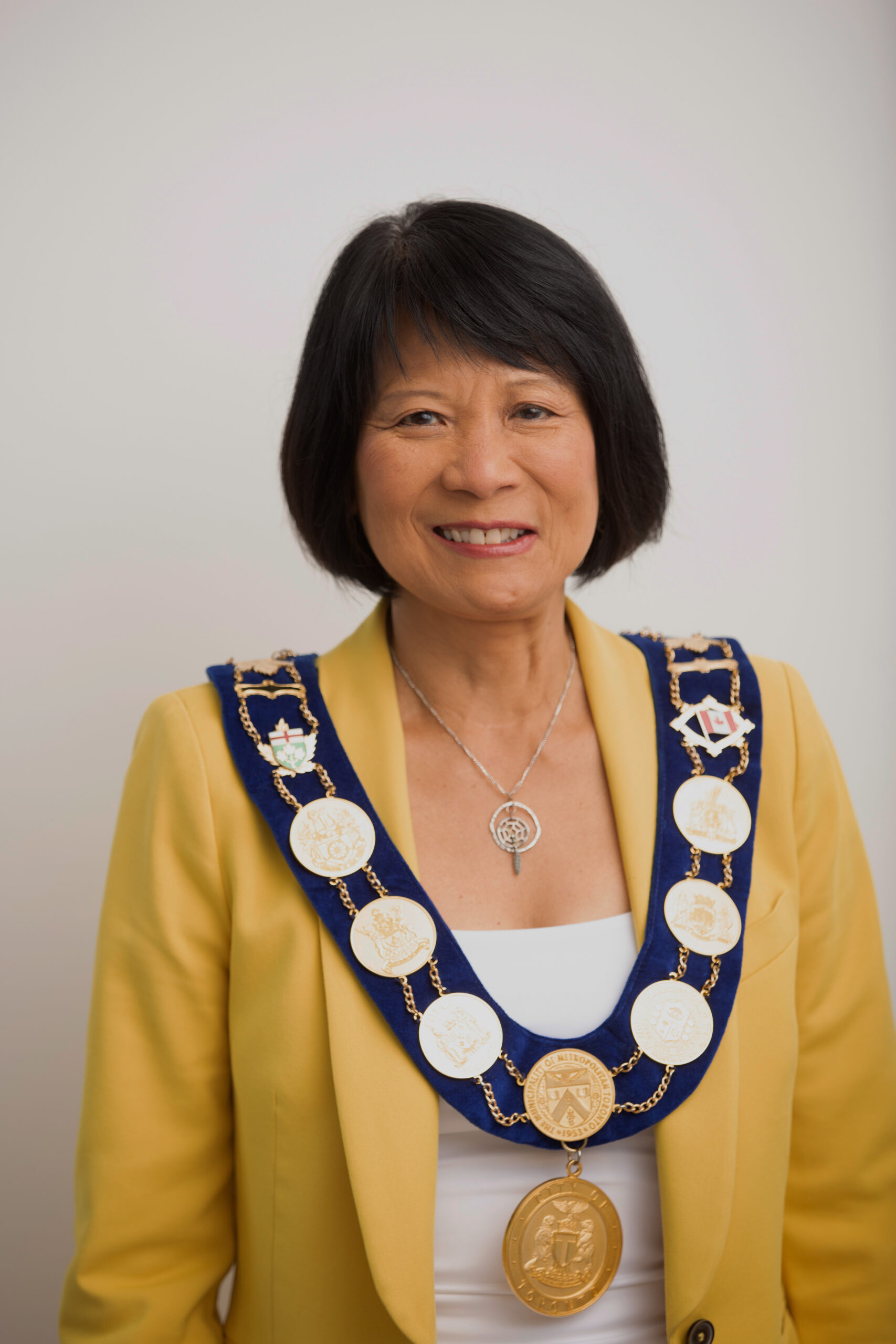
Although these days she has little time to return to her artistic roots as a sculptor and painter, she says, “Creativity comes in many formats. Finding creative approaches is a form of artistic expression. Bringing people together, thinking outside the box and harnessing that energy requires creativity. There’s never just one solution to a problem.”
She views Toronto as “a place of hope, a city of second chances” and, as Mayor of Toronto, she has pledged to “work tirelessly to build a city that is more caring, more affordable and safe, where everyone belongs.”





